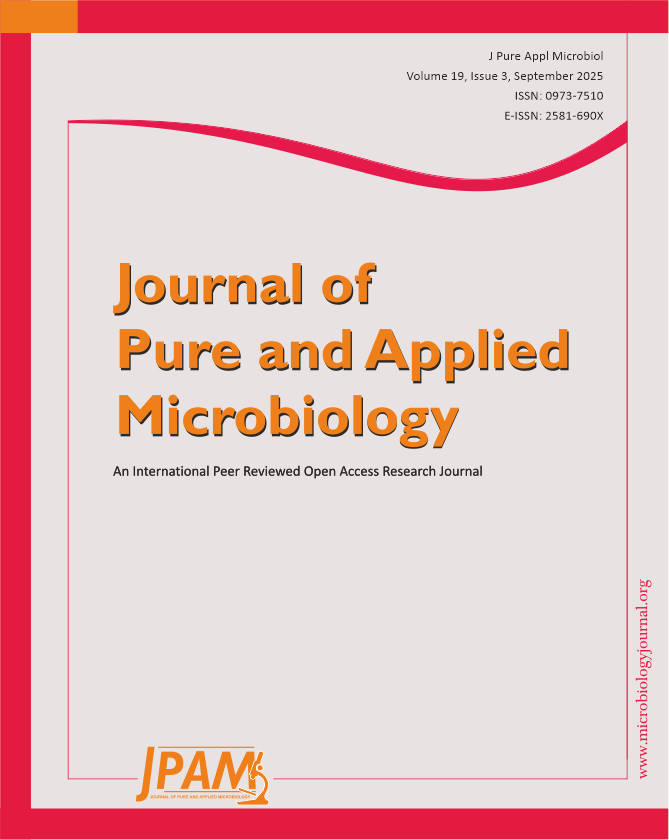Phytopathogenic fungi pose a significant threat to agricultural sustainability, leading to huge economic losses and reducing food quality. Consequently, alternative exploration of strategies for disease management are critical, particularly utilizing naturally occurring microorganisms with antagonistic potential. In this study, bacterial isolates obtained from Jakrem and Garampani hot springs of North East India were evaluated for potential antagonism activity against four phytopathogenic fungi namely Sclerotinia sclerotiorum, Corynespora cassiicola, Fusarium oxysporum f. sp. pisi, and Colletotrichum capsici. The result recorded eight bacterial isolates with prominent antifungal activity against the test phytopathogens and their antagonistic effect was clearly visualized by scanning electron microscope analysis, which revealed mycelial deformities in the treated cultures. Crude metabolites obtained from these bacteria isolates were characterized by Gas Chromatography-Mass Spectrometry (GC-MS) and Attenuated Total Reflection (ATR) analyses. The metabolites revealed presence of several functional groups and bioactive compounds like 1,2-Benzenedicarboxylic acid, Nonanoic acid, Dibutyl phthalate, Oleic acid, Ergotamine, Citronellol, Chloroacetic acid, and Erucic acid, which were known to possess antimicrobial properties. 16S rRNA sequencing and NCBI BLAST based search for molecular identification confirmed the identity of isolates, belonging to the genera Bacillus. The study also recorded that three bacterial isolates possess the presence of surfactin and iturin antimicrobial peptides (AMP) biosynthesis gene cluster. Further, bio-formulation prepared using the three antagonistic bacterial isolates showed growth promotion in mustard seeds while inhibiting the pathogen, S. sclerotiorum in an in vitro water agar assay. The findings suggest that hot springs bacterial could be explored for bio-based agents and could serve as sustainable alternatives to synthetic agrochemicals for management and control of phytopathogenic fungi.
Hot springs, Bacillus, Biocontrol, GC-MS, Lipopeptides
© The Author(s) 2025. Open Access. This article is distributed under the terms of the Creative Commons Attribution 4.0 International License which permits unrestricted use, sharing, distribution, and reproduction in any medium, provided you give appropriate credit to the original author(s) and the source, provide a link to the Creative Commons license, and indicate if changes were made.


